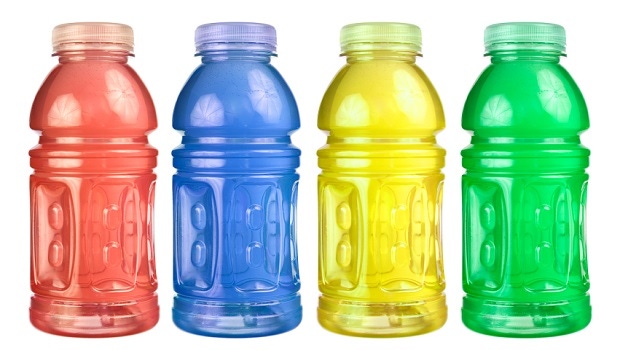In a 10-page document early this year that updated its guidance from 2009, FDA distinguished liquid dietary supplements from beverages.

In a 10-page document early this year that updated its guidance from 2009, FDA distinguished liquid dietary supplements from beverages. The agency cited a variety of factors that are relevant in reviewing whether a product is a conventional food or supplement, and no one factor is typically the sole determinant. The possible exception is representing a product as a conventional beverage such as calling it “bottled water," a term that is associated with a standard food regulation.
FDA’s guidance is non-binding, although it represents the agency’s thinking on a topic. Fortunately, FDA may give a manufacturer a civil heads-up if it disagrees with a firm’s classification of a product as a supplement. That’s because a manufacturer must notify FDA 30 days before marketing a supplement with a specific claim of being able to treat the structure or function of the human body.
Since FDA issued its most recent draft guidance, the agency has issued at least one additional warning letter to a company for mislabeling products as supplements. In a March 27, 2014 letter, FDA cited the company’s description of its products as beverages on the cans' information panels and referenced the company's website, which refers to its products as the "#1 relaxation beverage" and "the most potent relaxation drink."
Read the full article “Supplements v. Conventional Beverages: Toeing the Line" in INSIDER’s Functional Foods Digital Issue.
About the Author(s)
You May Also Like






.png?width=800&auto=webp&quality=80&disable=upscale)